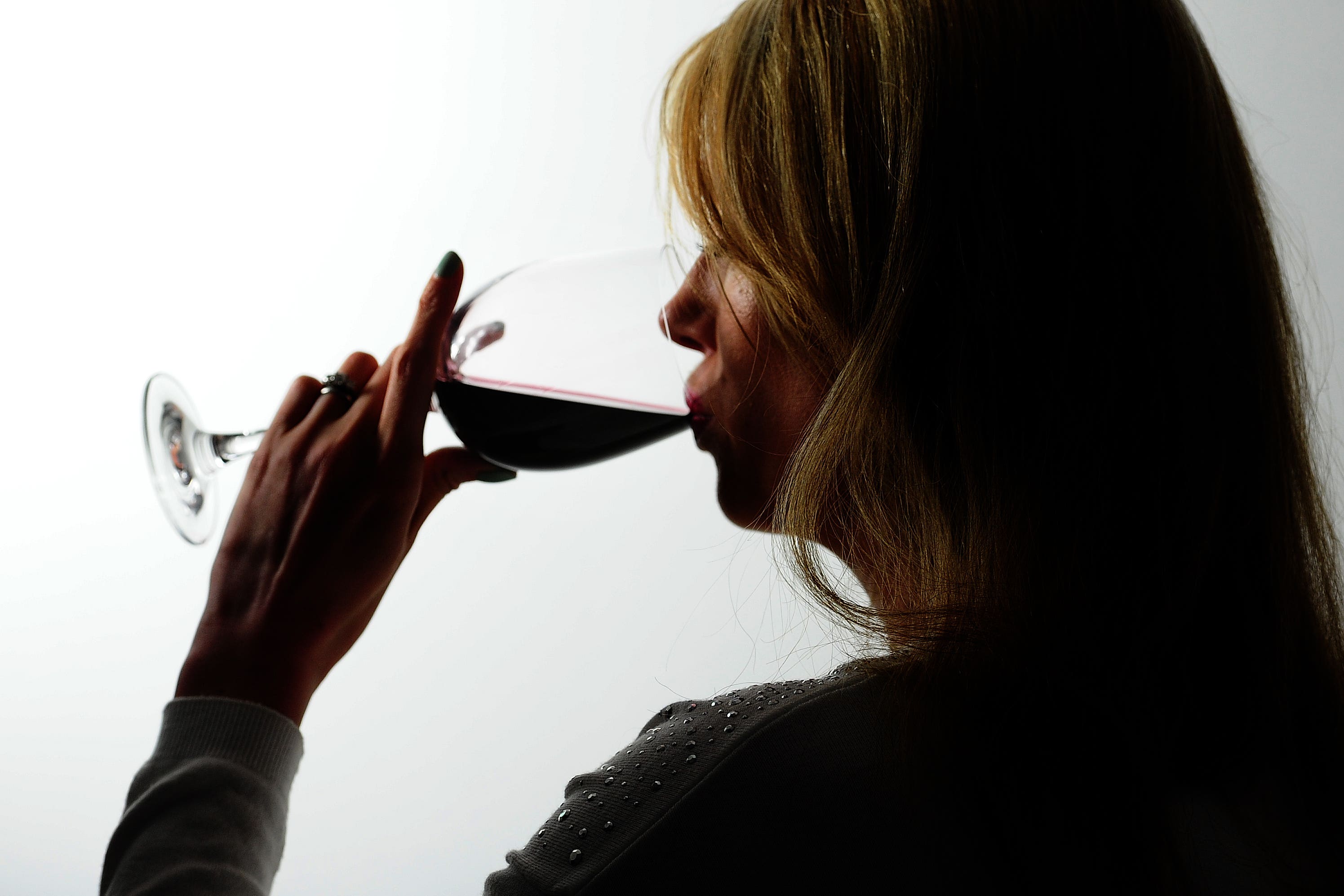Revealed: The reason drinkers can get a ‘red wine headache’
The headaches can hit a drinker in under 30 minutes and up to three hours after a small glass.

The “millennia-old mystery” of why red wine can cause headaches may have been solved, according to scientists.
Unlike a hangover the day after a heavy session, so called “red wine headaches” can hit a drinker in under 30 minutes and up to three hours after a small glass.
The University of California researchers discovered that a naturally occurring compound could be responsible for the pain that can also accompany migraines, flushes and nausea after a glass.
It is an otherwise-healthy antioxidant substance called quercetin, and wines from sunnier regions are more likely to have higher quantities and prompt a painful reaction.
Co-author professor Morris Levin, director of the Headache Centre at the university said: “We postulate that when susceptible people consume wine with even modest amounts of quercetin, they develop headaches, particularly if they have a pre-existing migraine or another primary headache condition.
“We think we are finally on the right track toward explaining this millennia-old mystery.
“The next step is to test it scientifically on people who develop these headaches, so stay tuned.”
Quercetin is a type of flavanol, a plant pigment known to give fruits and vegetables their colours and is found in teas, cocoa, and grapes, and sold as an over-the-counter supplement to reduce inflammation and hypertension.
However when combined with red wine, quercetin can disrupt some people’s ability to break down alcohol, a researcher said.
Red wine headaches can even impact those who do not suffer painful consequences from drinking other alcoholic drinks.
Professor emeritus Andrew Waterhouse of the university’s viticulture and enology department, said: “When it gets in your bloodstream, your body converts it to a different form called quercetin glucuronide.
“In that form, it blocks the metabolism of alcohol.”
Quercetin glucuronide can prompt the toxin acetaldehyde to accumulate in the body.
Fellow researcher Dr Apramita Devi said: “Acetaldehyde is a well-known toxin, irritant and inflammatory substance.
“Researchers know that high levels of acetaldehyde can cause facial flushing, headache and nausea.”
Not all red wines have the same effect.
Sunlight, age, and wine-making processes can all influence whether a bottle triggers a headache.
Cabernets from the Napa Valley in California are particularly likely to produce a near-immediate headache.
Prof Waterhouse added: “Quercetin is produced by the grapes in response to sunlight.
“If you grow grapes with the clusters exposed, such as they do in the Napa Valley for their cabernets, you get much higher levels of quercetin.
“In some cases, it can be four to five times higher.”
Next, the experts writing in Scientific Reports plan to compare various red wines with high quantities of quercetin in a small clinical trial.
They added that they are yet to figure out why some drinkers appear more prone to headaches than others.
Bookmark popover
Removed from bookmarks